Do I really need a drinking water filter?
piddlerdad3
17 years ago
Related Stories

GARDENING AND LANDSCAPINGPatio Details: Sliding Fabric Panels Filter the Light Just Right
Stepping up to the harsh sun and heat of the desert Southwest, this intimate patio is an exotic escape right outside
Full Story
HEALTHY HOMEHow to Choose a Home Water Filtering System
Learn which water purification method is best for your house, from pitchers to whole-house setups
Full Story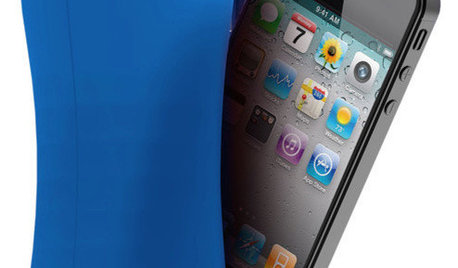
Shop Houzz: The Hunt for Hydration
Colorful and clever bottles, pitchers and filters help you get your daily dose of water
Full Story0

DECORATING GUIDESIcy Summer Drinks Reimagined as Rooms
Cool, refreshing decor schemes conjure your favorite thirst quenchers, from lemonade to a vanilla shake
Full Story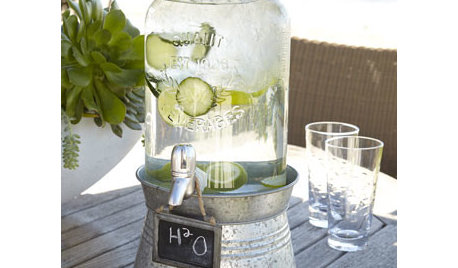
Guest Picks: We'll Drink to These!
Keep favorite summer drinks cold and at the ready with stylish holders and dispensers that are easy to take outside
Full Story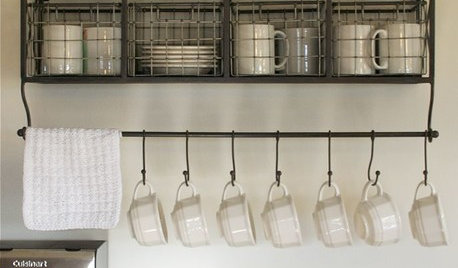
KITCHEN DESIGNHot-Drink Stations Hit the Spot
Beverage bars brimming with cocoa, tea, coffee and all the accoutrements make winter entertaining a delight
Full Story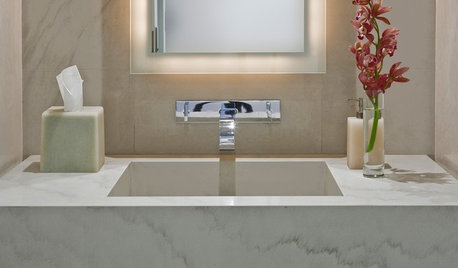
BATHROOM DESIGNGreen and Clean: Sleek Water-Wise Bathroom Fixtures
By choosing ecofriendly faucets, showerheads and even toilets, you can save loads of water and money without sacrificing style
Full Story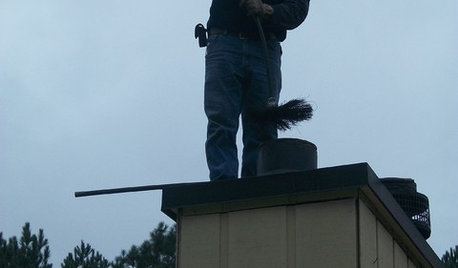
HOUSEKEEPING12 Steps to a Safe, Cozy Home for a New Year
From smoke detectors to furnace filters, let January 1 be a reminder of some must-dos around the house
Full Story
PATTERN12 Great Decorative Alternatives to Curtains
Filter light and views while drawing the eye by dressing windows in specialty glass, artistic screens or snazzy shades
Full Story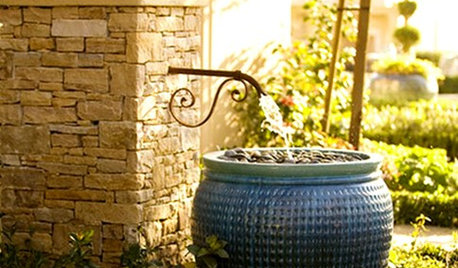
GREEN BUILDINGJust Add Water: Rain Barrel Magic
Take your rainwater storage from practical to beautiful with a new breed of design-friendly rain barrels
Full StoryMore Discussions






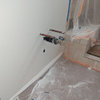
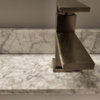
User
pjb999
Related Professionals
Hillcrest Heights Handyman · Fullerton Kitchen & Bathroom Remodelers · Clovis Kitchen & Bathroom Remodelers · Fairland Kitchen & Bathroom Remodelers · Gilbert Kitchen & Bathroom Remodelers · Glen Allen Kitchen & Bathroom Remodelers · Hickory Kitchen & Bathroom Remodelers · Hunters Creek Kitchen & Bathroom Remodelers · New Port Richey East Kitchen & Bathroom Remodelers · North Arlington Kitchen & Bathroom Remodelers · Ogden Kitchen & Bathroom Remodelers · Roselle Kitchen & Bathroom Remodelers · Sicklerville Kitchen & Bathroom Remodelers · Spokane Kitchen & Bathroom Remodelers · Prairie Village Kitchen & Bathroom Remodelerspiddlerdad3Original Author
karlisenheim_yahoo_com
xxjoyy
andy_c
User
lazypup
bus_driver
User
franchise5a
ionized_gw
water-lady